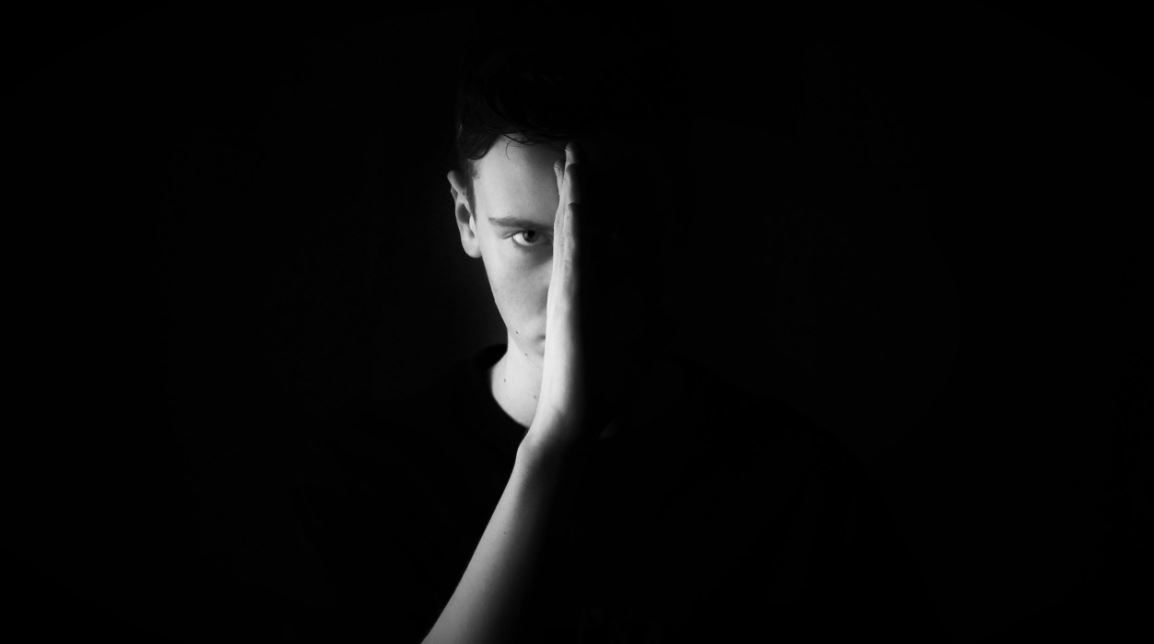
Imagine living life each day and not knowing what mental state you’ll be in. One day, you feel extreme highs like you can take on the world, and the next day, you feel an intense depression.
This may sound familiar if it describes what you have been going through in recent years. If you have been suffering from severe mood swings that range from feelings of elation to feelings of depression, you may be suffering from a Bipolar Disorder. Given the potential seriousness of this disorder, an in-depth discussion about it seems prudent.
What are the Signs and Symptoms of Bipolar-Disorder?
For a long time, the psychiatric treatment community referred to the constant shift in moods between highs and lows as manic depression. It was only within the last few decades that the diagnosis terminology changed to Bipolar Disorder.
The term bipolar relates to the two emotional poles, one being a state of depression and the other being mania. Unfortunately, dealing with this disorder is a lifelong endeavor. If someone is suffering from Bipolar Disorder, they will experience sudden shifts in their moods. When feeling manic, they will experience symptoms like:
During episodes of depression, the individual will show the following signs of depression:
It’s worth noting that Bipolar-Disorders can occur at any age, but it usually becomes apparent during the individual’s early adulthood. Depending on how an individual experiences their mood changes, they will get one of three Bipolar-Disorder diagnosis: Bipolar 1, Bipolar 2 or Cyclomatic Disorder.
How do Bipolar-Disorder 1 and 2 Differ?
By simply defining the three possible Bipolar diagnoses, the differences begin to become more clear.
Bipolar 1 – Individual has had at least one major manic or hypomanic episode immediately before or after a depressive episode or series of depressive episodes. With this diagnosis, the individual is likely to spend more time at the extremes and less time feeling normal. The sudden changes in mood can lead to other forms of psychosis.
Bipolar 2 – Individual has experienced at least one major depression and one hypomanic episode without ever experiencing a true state of mania. While this diagnosis is no less severe than the one above, this individual will usually experience more periods of normalcy.
Cyclomatic Disorder – The individual has experienced several years of both hypomanic and depressive episodes, though mild variations of both. With this disorder, the individual is likely to experience frequent mood changes when the disorder is in full flight.
There are other differences worth noting between these diagnoses as well. Individuals suffering from Bipolar I will usually experience more severe symptoms that last for shorter periods. With a Bipolar II diagnosis, the individual is prone to longer episodes, especially depression.
How is Treatment Different for Bipolar 1 vs Bipolar 2?
The treatment of these two diagnoses is not materially different. The only real difference would be the types of medications doctors will prescribe for each diagnosis. If someone is experiencing frequent severe mood changes, their doctor is likely to focus more on prescribing mood stabilizers. Patients who are suffering more from the depression aspect of the disorder will usually get antipsychotic and antidepression medications.
The most popular medications for the treatment of Bipolar-Disorders are mood stabilizers (carbamazepine (Tegretol), lamotrigine (Lamictal), lithium, or valproate (Depakote)), antidepressants (Bupropion (Wellbutrin), escitalopram (Lexapro), fluoxetine (Prozac, Sarafem)), and antipsychotics (olanzapine (Zyprexa), quetiapine (Seroquel), lurasidone (Latuda) and cariprazine (Vraylar)).

Bipolar-Disorder and Substance Abuse
Due to their constant mood changes and emotional disarray, some people who suffer from this disorder are prone to drug or alcohol addictions. What makes matters worse is the fact that abusing substances can increase the symptoms of the disorder.
Many people abuse substances as a way of distancing themselves from their emotional problems. They typically fall into the cycle of addiction because of the temporary relief that drugs or alcohol gives them from their constant mood changes. If they are taking medications to treat their Bipolar Disorder, it gives them easy access to drugs they can use to escape. Unfortunately, some of these drugs are drugs they need for proper functioning.
When someone has Bipolar and addiction diagnoses that are intermingled, they have what the addiction treatment community calls co-occurring conditions. Addiction treatment clients with co-occurring conditions usually receive dual-diagnosis therapy, a therapy process that treats both conditions at the same time. This is necessary to prevent untreated conditions from interfering with the individual’s long-term recovery.
Bipolar-Disorder Treatment
While the above types of medications are very useful in treating these disorders, counseling also has its benefits. This is especially true for patients who deal with frequent episodes of depression. Therapy usually focuses on dealing with the patient’s depression issues and the management of their mood swings. With children and teenagers, the psychiatric treatment community tries to put more emphasis on counseling, prescribing medication as the individual advances towards adulthood.
If you have a bipolar diagnosis and fall victim to your substance abuse, you can get help for both conditions. Here at Mission Harbor, we are here to help you with both your addiction and mental health disorder. If you or a loved one is ready to get help, contact us today for an assessment.
The facilities at Mission Harbor are staffed with trained experts to best assist patients with their mental health issues. We are capable of dealing with any and all cases with a licensed staff, equipment, and approved techniques. Our mission is to help those who want to help themselves, and we support your decision in seeking help.
Get Help Now
Alcohol addiction is extremely difficult to overcome on your own.. Seek specialized help and let professionals guide you in your recovery.

